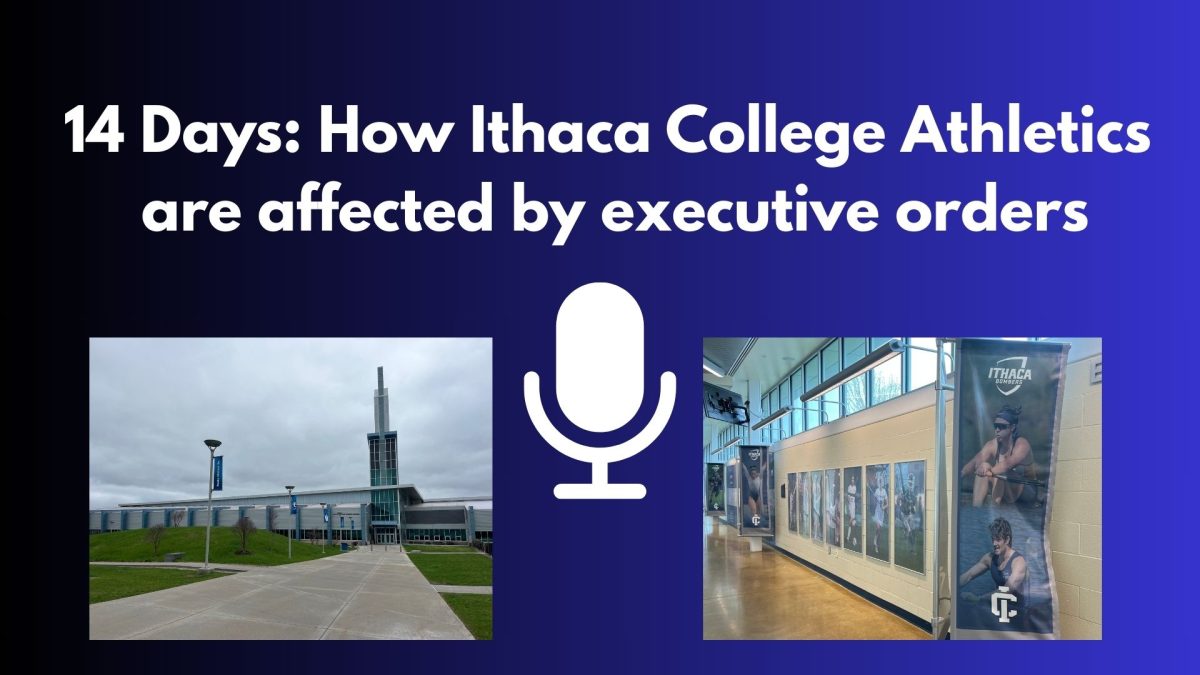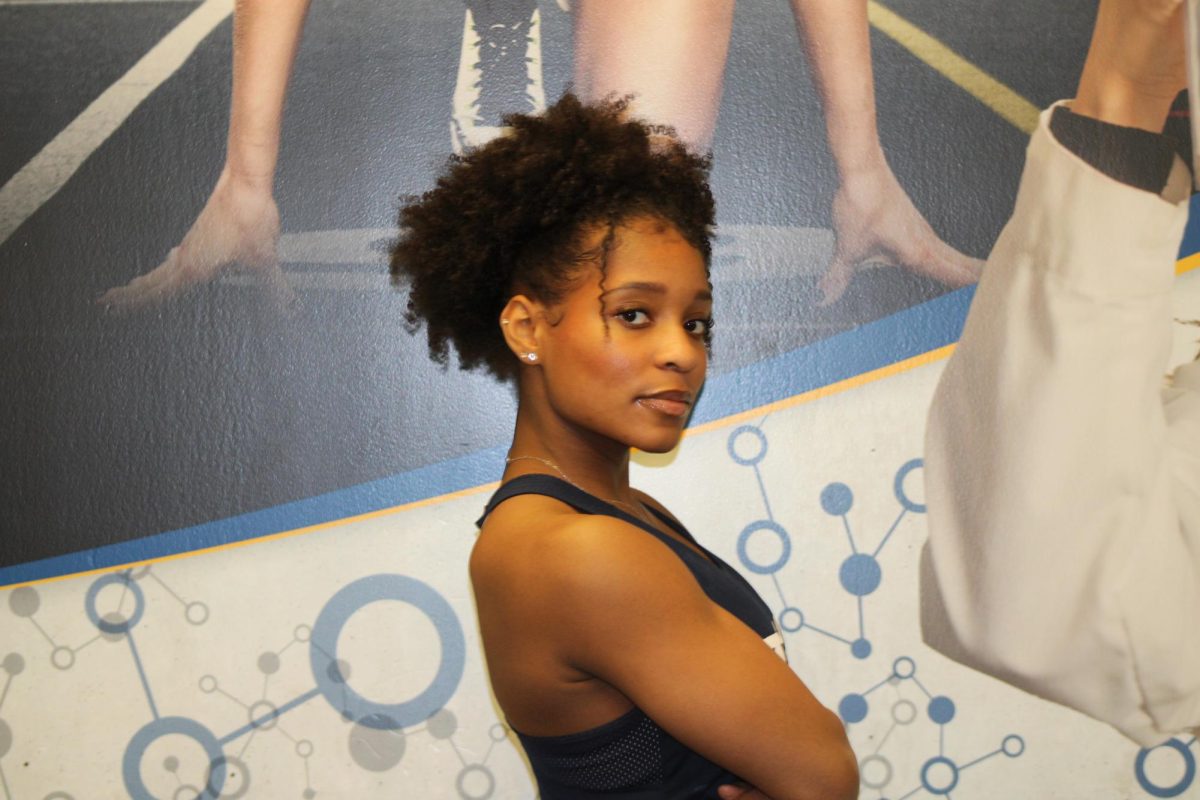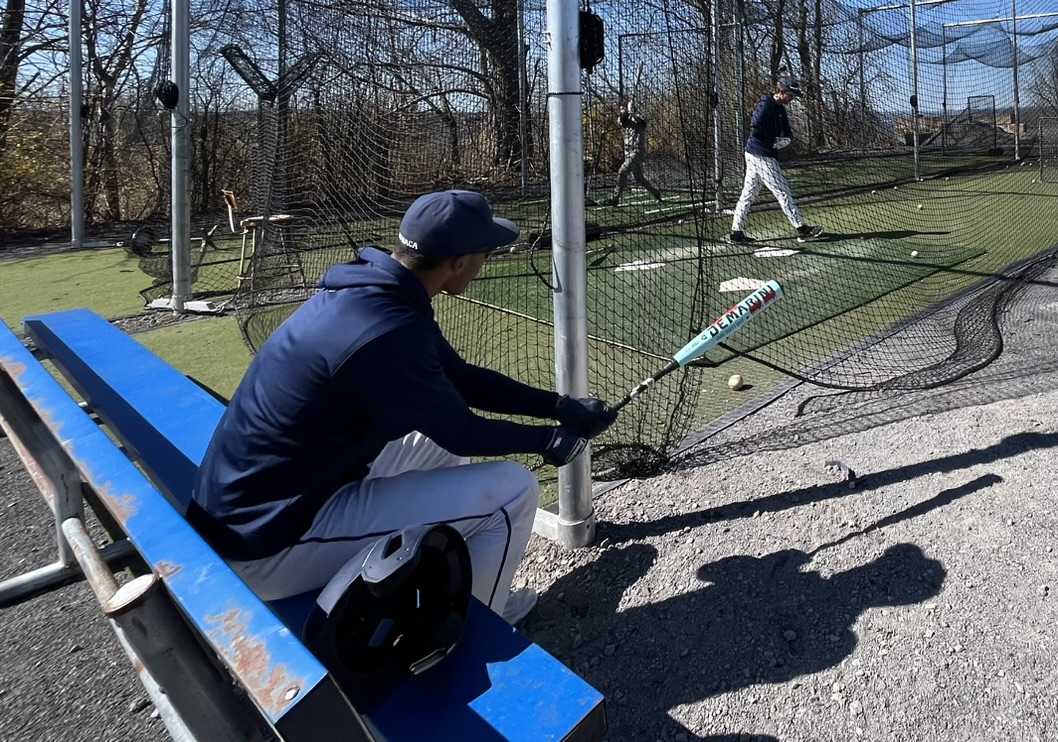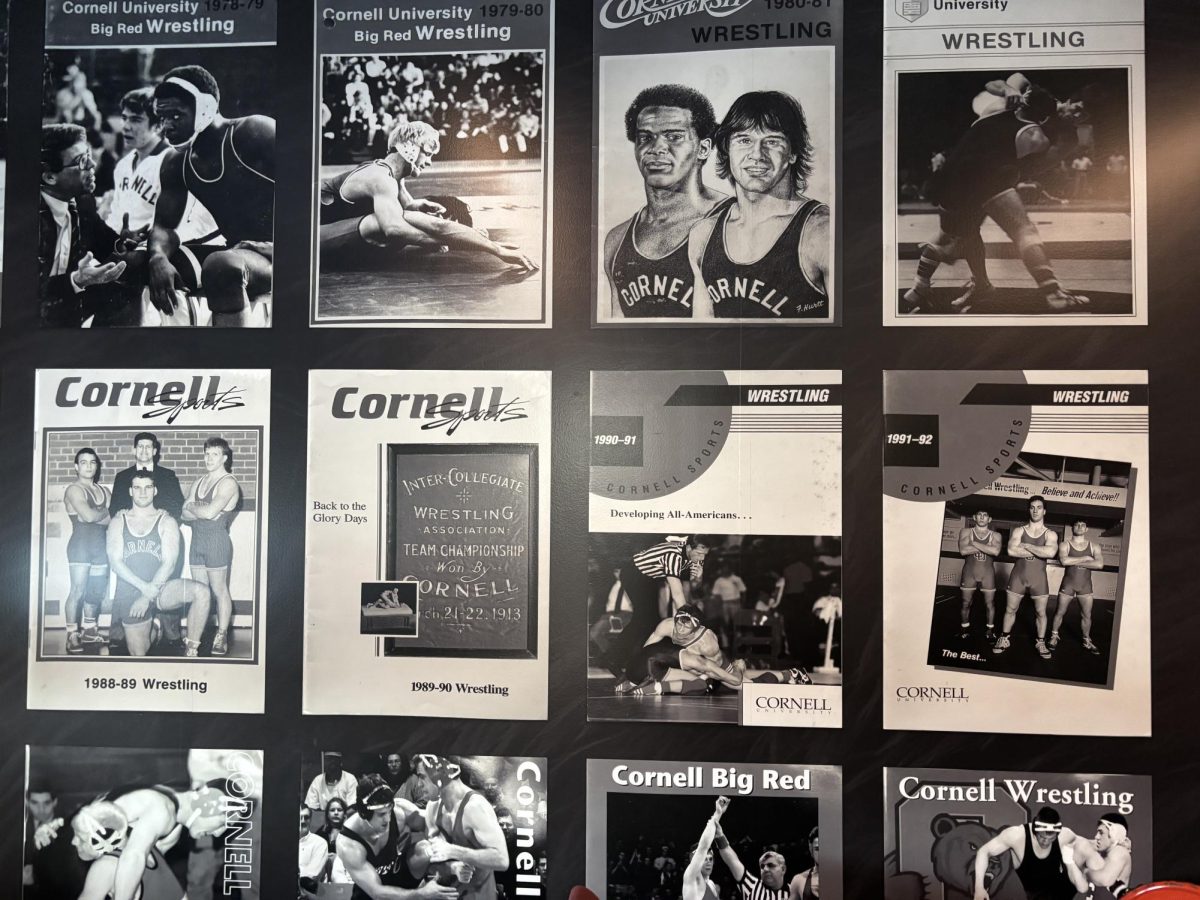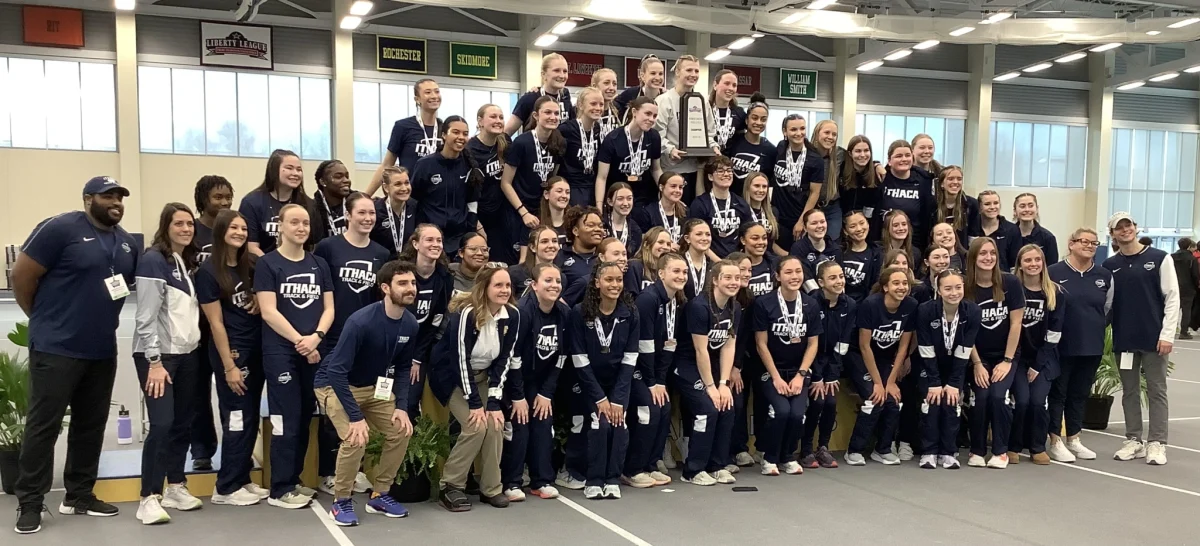Division I athletes across the country are having trouble balancing more than just academics and sports, a September 2014 study at North Carolina State University found.
Career planning and players’ social status also contribute to their stress. Lynsey Romo, an assistant professor in the Department of Communication at NC State, conducted the research and found that these athletes consistently face difficulties within their social relationships.
“Some Division I athletes are worried that people become friends with them for the wrong reasons because they think they’ll become famous,” Romo said.
The study also found that student athletes have trouble finding time to plan their future careers because of their sport schedules. They have less time to find internships and schedule job interviews than students without any sport commitments, Romo said.
At Cornell University, a Division I school with over 1,100 student athletes in 37 varsity sports, there are no classes from 4:30 p.m. until 7 p.m. to allow students the opportunity to participate in extracurricular activities. This makes it so that student-athletes can practice during that time frame. Sarah Wattenberg, the Andrew ’78 and Margaret Paul Assistant Director of Athletics for Student Services at Cornell, said that students will never miss classes for practice, only traveling.
“The coaches know that they’re students first and athletes second,” Wattenberg said.
According to a study conducted by the NCAA in 2011, many Division I athletes commit to their sports as much as a part-time job. Both male and female athletes devote anywhere from 32 to 43.3 hours per week to their sport, on top of their academic schedules. Ivy League Schools limit student-athletes’ time commitment to their sports to 20 hours per week, but with traveling to and from practices and competitions, it can add up to more.
[topswf swf=’https://www.ithacaweek-ic.com/wp-content/uploads/student-athlete%20experience%20FINAL.swf’ width=’500′ height=’500′ quality=’best’ wmode=’transparent’ scale=’default’ flashvars=” allowfullscreen=’false’]
Christina Lantuh, a senior on the varsity crew team at Cornell, said she had a hard time adjusting to her schedule when she joined the team her freshman year.
“My GPA dropped a lot,” Lantuh said. “Every day I got into bed and I was exhausted, but a good exhausted and sore but a really good sore. It was tough to fit it all in, but definitely enjoyable.
With two and a half hour practices six days a week and missing classes every week to travel for meets, Molly Halpin, a senior engineering student at the State University of New York at Buffalo, she said she couldn’t handle the time commitment of being on the varsity track team. She competed on the team until her junior year, when she decided to focus on academics.
“I started getting more interested in my major and less in track,” Halpin said. “I realized that I needed to put more effort into school because I was going to be a civil engineer after I graduated not a professional athlete.
Balancing athletics and academics teaches students to take initiative and responsibility, said Becca Lewis, a graduate student soccer player at Central Connecticut State University. She stressed the importance of working with professors to make rigorous athletic schedules work with difficult classes.
“Some professors are really understanding and some are going to stick to their rules no matter what,” Jonathan Champagne, a Cornell graduate who was on the university’s swim team for four years. “My freshman year, I had to take a test on the road at a swim meet one weekend because I wasn’t going to be in class. At the same time, I had to mentally prepare myself for the race happening the next day.”
Although making connections for a future career can be seemingly difficult for student-athletes considering their time constraints, Champagne said his team helped to shape his future.
“There was an extended network of people on the swim team that can help you get jobs,” Champagne said. “Having those connections can be very useful.”
Though the schedules of D-I student-athletes can be rigorous, they are not going through it alone, said Lantuh, who lives with many athletes on other teams.
“It’s definitely nice to have other people on your same schedule,” Lantuh said. “It’s nice to be in college with people who have a similar lifestyle.”



